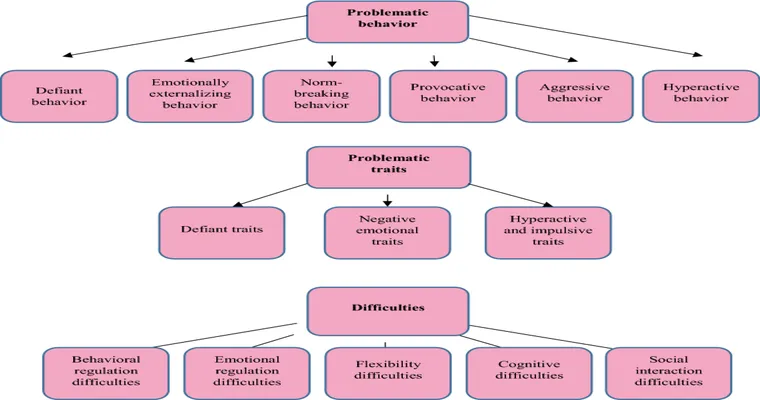Understanding "finances" is crucial for everyone, but it becomes especially significant for individuals facing the challenges of "early dementia". As cognitive decline begins to affect decision-making abilities, managing personal finances can become increasingly difficult. This article explores the importance of financial planning, the impact of dementia on financial capacity, and essential strategies to ensure financial security for those affected by early dementia.
Early dementia can lead to various challenges, including memory loss, difficulty in concentrating, and impaired judgment. These symptoms can make it hard for individuals to manage their "financial affairs" effectively. Recognizing the signs of early dementia and taking proactive steps can help mitigate the risks associated with financial mismanagement.
One of the most effective ways to safeguard against potential pitfalls is to create a comprehensive "financial plan". This plan should include a detailed budget, a list of assets, and a clear outline of monthly expenses. By having a well-structured financial plan in place, individuals can maintain a sense of control over their finances, even as cognitive abilities decline.
Another critical aspect to consider is establishing a "power of attorney". This legal document allows a trusted individual to make financial decisions on behalf of someone who is unable to do so. Choosing a reliable person for this role is paramount, as they will be responsible for managing accounts, paying bills, and making investment decisions. It is essential to have open discussions with family members about financial wishes and ensure that everyone is on the same page.
In addition to legal preparations, it is wise to streamline financial accounts. This can involve consolidating multiple bank accounts, reducing the number of credit cards, and setting up automatic payments for recurring bills. Simplifying finances can reduce confusion and help prevent missed payments or overdrafts, which can lead to additional stress for individuals with early dementia.
Educating family members and caregivers about the financial situation is also crucial. Keeping loved ones informed helps ensure that they can step in when necessary and assist with managing finances as cognitive decline progresses. Regular family meetings can provide an opportunity to discuss any changes in financial status and to review the effectiveness of the financial plan.
Lastly, seeking professional advice from a "financial advisor" who specializes in elder care can be beneficial. These professionals can provide valuable insights into managing finances effectively while considering the unique challenges posed by early dementia. They can also help in crafting a long-term investment strategy that aligns with the individual’s needs and goals.
In conclusion, while the prospect of early dementia can be daunting, taking proactive steps to manage finances can significantly ease the burden. Establishing a solid financial plan, appointing a power of attorney, simplifying financial accounts, and keeping lines of communication open with family members are essential strategies. By prioritizing financial awareness and planning, individuals facing early dementia can help secure their financial future and maintain dignity in their decision-making processes.





